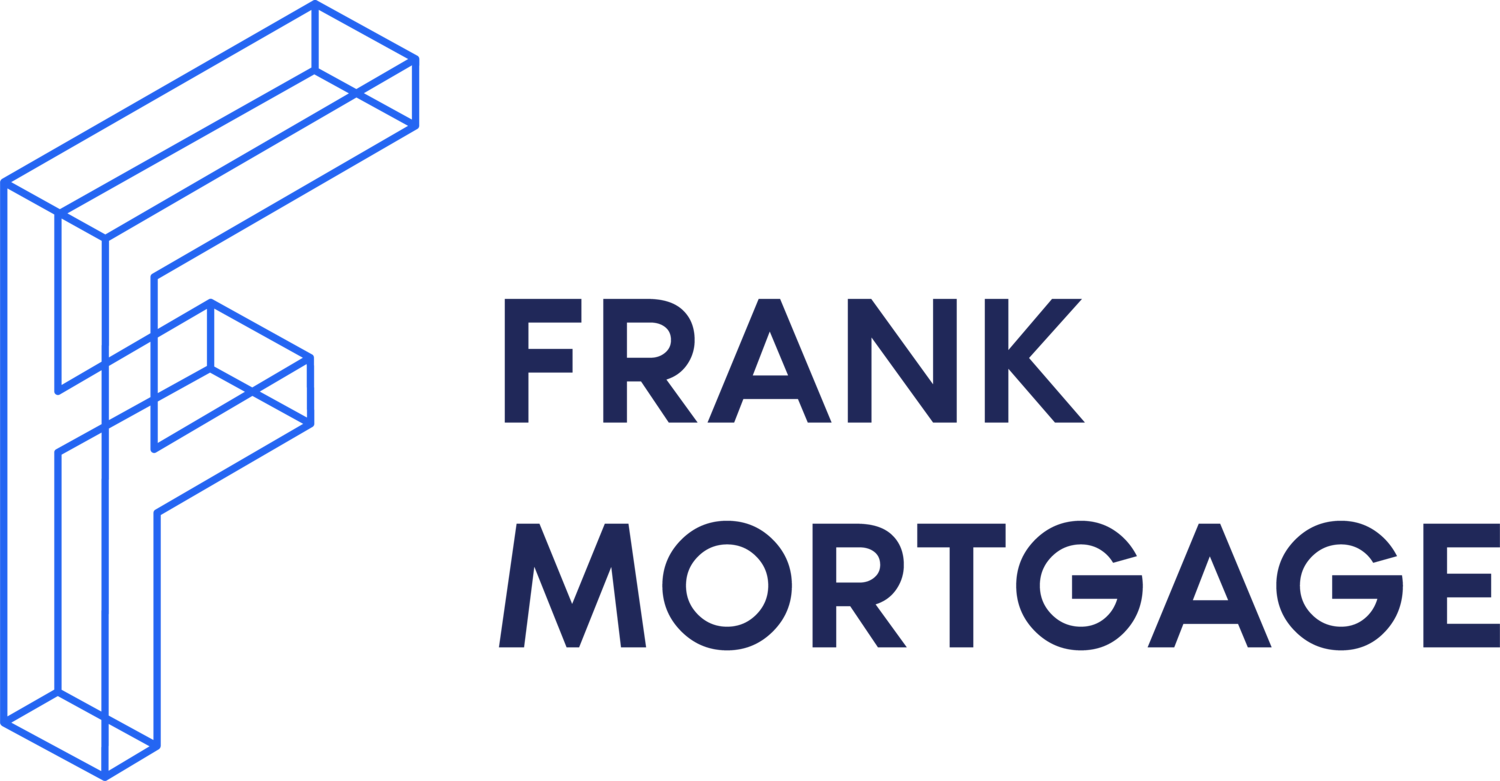Second Mortgages in Canada
What You Need to Know
Mortgage financing is available to you even if you already have a mortgage on your house. If you have equity built-up in your home, you can refinance for a larger amount. As an alternative, you can consider a second mortgage. Refinancing might require a large prepayment penalty to break your existing mortgage. A simpler way to tap into your home equity might be a second mortgage. These mortgages come with their own set of rules, costs, and benefits. Let’s explore second mortgages further.
What is a Second Mortgage?
A second mortgage is a loan taken out on a property that already has an existing mortgage. A second mortgage is a way to borrow against the equity you have built up in your home. The second mortgage lender registers a lien on the property in second ranking position behind the first mortgage that already existed. Since it is secured by your home, a second mortgage typically offers lower interest rates than unsecured loans. However, it is subordinate to the first mortgage, meaning in case of default, it would only be paid off after the first mortgage is fully paid off.
Reasons for You to Consider a Second Mortgage
A second mortgage can provide needed funds. The reasons to need these funds are personal and can vary. The most common reasons for a second mortgage include:
Debt Consolidation: since a second mortgage is secured by your home it will have a lower interest rate than certain types of auto loans and leases as well as unsecured credit such as credit cards and personal loans. A second mortgage borrower can use the funds to pay off these high-interest debts.
Home Renovations: borrowing against your home equity can provide funds for renovations or home improvements.
Educational Expenses: finance your or your children's education.
Investments: it is not uncommon for homeowners to use their existing home equity to invest in other properties or business ventures.
Emergency Expenses: second mortgage proceeds can be used to cover unexpected costs such as medical bills or urgent repairs.
How to Qualify for a Second Mortgage
Second Mortgage lenders will underwrite your mortgage file in a manner similar to the first mortgage lender that provided your existing first mortgage. The key things they will look at include:
The property: they will only lend against a property type they are comfortable with. They want to know the property is marketable and has a value high enough to allow them to recover their money if the borrower defaults.
Equity: the more equity you have built up the better. You have a better chance of qualifying for a second mortgage that results in a low combine mortgage loan-to-value ratio (the total balance of all mortgages divided by the property value). For instance, a 50% LTV is easier to qualify for than an 80% LTV.
Income: like for a first mortgage, a second mortgage lender will want to see that you have stable, verifiable income.
Credit score: as with all mortgage lending, the better your credit score, the better your chances of approval. Also, the better your credit score, the lower the mortgage rate you can qualify for.
Types of Second Mortgages
Standard mortgage: A lump sum loan with a fixed interest rate and term. You receive all the money at once and repay it in regular installments.
Home Equity Line of Credit (HELOC): A revolving line of credit that allows you to borrow as needed, up to a predetermined limit. Interest is only paid on the amount you borrow.
What Lenders Offer Second Mortgages?
Many banks and A lenders offer a home-equity line of credit (Heloc). A Heloc is usually a second mortgage, has a maximum balance and can be drawn on as you need the funds. Even if you pay it down, it is re-advanceable up to the approved limit. There are even a couple Heloc products that provide a credit card that gives you additional flexibility on how you draw the funds.
B-lenders and private mortgage lenders offer second mortgages. These mortgages have the same payment features as a first mortgage. They require monthly payments and are not re-advanceable.
Costs of a Second Mortgage
The main cost of a second mortgage is that they have higher interest rates than first mortgages. Being in second ranking position on title makes them riskier for lenders. The greater the risk, the higher the interest rate. Other than the higher interest rate, there are also some costs associated with a second mortgage:
Appraisal Fees: expect an appraisal to be required to determine the current value of your home. A second mortgage lender will only lend up to a certain percentage of the value of the home. The maximum is dependent on the lender but will not likely exceed 80% of the home’s value. An appraisal can cost between $400 and $600.
Legal Fees: Legal services are necessary to handle the documentation and ensure the second mortgage is properly registered. This includes title searches that need to be done for the lender. Expect legal fees to run between $600 and $1,200.
Origination Fees: Lenders will charge a fee for granting the loan. The fee is usually at least 1% of the second mortgage amount.
Is a Second Mortgage Better Than a Mortgage Refinancing?
The best ways to access your home’s equity are a second mortgage or a mortgage refinancing. When considering whether to take out a second mortgage or refinance your existing one, it is essential to weigh the pros and cons of each option:
Second Mortgage
| Pros | Cons |
|---|---|
| Keeps your current low-rate mortgage intact | Higher rates than first mortgages |
| Access funds without having to make changes to existing mortgage |
May add to your overall debt load |
| Flexible options like a Heloc allow borrowing as needed | High fees and less flexibility if you miss a payment |
| Better rates than unsecured debt | Additional fees and costs |
Mortgage Refinancing
| Pros | Cons |
|---|---|
| Potentially lowest overall interest rate to access additional funds | Prepayment penalties required to break your existing mortgage |
| Having one single mortgage payment simplifies your finances | May add to your overall debt load |
| Opportunity to change some terms of your existing mortgage | Need to pass the mortgage stress test again |
| Better rates than unsecured debt | Lose the benefit of existing low-rate mortgage |
Conclusion
Second mortgages are a viable solution for Canadian homeowners looking to leverage their home equity for various needs. Whether it is for home renovations, debt consolidation, or other significant expenses, a second mortgage provides access to funds that might not be available otherwise. While they come with higher interest rates and additional costs, they are often more affordable than other options. If you are considering a second mortgage it is crucial to understand the details and consider your overall financial situation carefully.
Before deciding, compare the benefits and drawbacks of a second mortgage versus refinancing your current mortgage. Consulting with a financial advisor or mortgage broker can provide personalized insights and help you make the best choice for your financial goals.
We are here to help. Reach out to us at 1-888-850-1337 to start a conversation with one of our expert, licensed mortgage agents or find us at www.frankmortgage.com for help with your mortgage needs.

Don Scott
Don Scott is the founder of a challenger mortgage brokerage that is focused on improving access to mortgages. We can eliminate traditional biases and market restrictions through the use of technology to deliver a mortgage experience focused on the customer. Frankly, getting a mortgage doesn't have to be stressful.
Connect with Don on LinkedIn!
